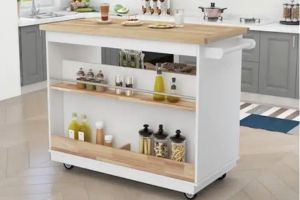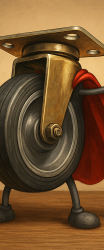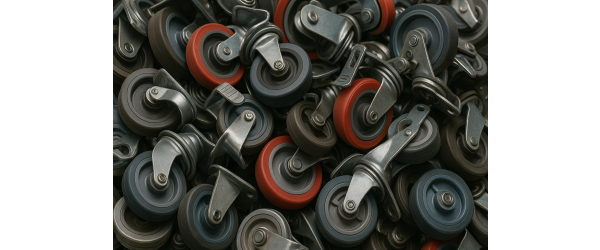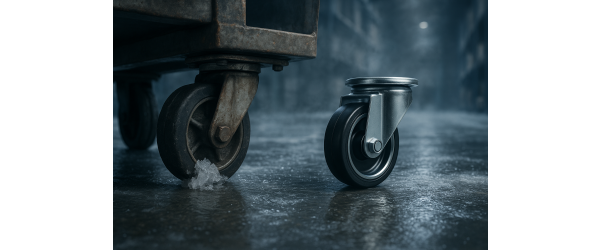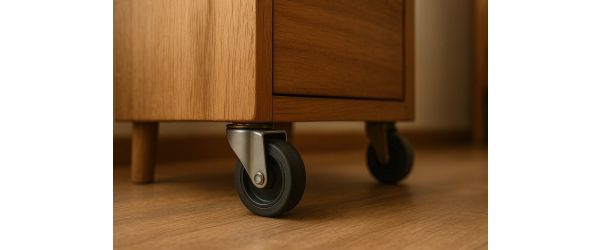Kitchen islands have become a staple in modern kitchens, adding functionality and style to your culinary space. If you're considering a kitchen island with wheels, it's essential to explore materials and durability factors to ensure long-term satisfaction with your investment. In this blog post, we'll guide you through the world of kitchen island wheels, helping you make an informed choice that enhances both the aesthetics and practicality of your kitchen.
The Appeal of Kitchen Island Wheels
Kitchen island wheels offer a host of advantages, making them a popular choice among homeowners. Here are some of the benefits:
1. Versatility:
Wheeled kitchen islands are incredibly versatile, allowing you to rearrange your kitchen layout effortlessly. Whether you need more counter space, a mobile serving station, or a change in scenery, wheels provide the flexibility you desire.
2. Convenience:
Moving a traditional, stationary kitchen island can be challenging. Kitchen island wheels eliminate this struggle, making it easy to access all areas of your kitchen and adapt to your needs.
3. Space Optimisation:
In smaller kitchens, space optimisation is crucial. Wheeled kitchen islands can be tucked away when not in use, freeing up valuable floor space.
Exploring Materials
When it comes to kitchen island wheels, material choice is paramount. Consider the following materials and their durability:
1. Rubber Wheels:
Rubber wheels are a popular choice due to their shock-absorbing properties. They protect your floors from scratches and provide smooth, quiet movement. Ideal for homes with hardwood or tile flooring.
2. Polyurethane Wheels:
Polyurethane wheels are known for their durability and resistance to wear and tear. They can handle heavy loads and are perfect for kitchens where the island serves as a prep station or storage unit.
3. Stainless Steel Castors:
Stainless steel castors offer a sleek and modern look while providing excellent durability. They are resistant to rust and corrosion, making them suitable for kitchens where hygiene is a priority.
Durability Factors
To ensure the long-term durability of your kitchen island wheels, consider the following factors:
1. Load Capacity:
Evaluate the weight your kitchen island will carry, including appliances, cookware, and food items. Choose wheels with a load capacity that comfortably exceeds this weight.
2. Wheel Size:
Select the appropriate wheel size to ensure stability and ease of movement. Smaller wheels are ideal for smooth floors, while larger wheels handle rougher surfaces with ease.
3. Locking Mechanism:
If your kitchen island wheels come with a locking mechanism, it adds an extra layer of safety and stability when the island is stationary.
Conclusion
Kitchen island wheels are a valuable addition to any kitchen, offering convenience, versatility, and space optimisation. By exploring materials and durability factors, you can select the perfect kitchen island castors that enhance the functionality and style of your kitchen while ensuring long-term satisfaction with your investment.
For a wide selection of kitchen island wheels and castors designed to meet your specific needs, visit Castors-Online.co.uk and transform your kitchen today.
